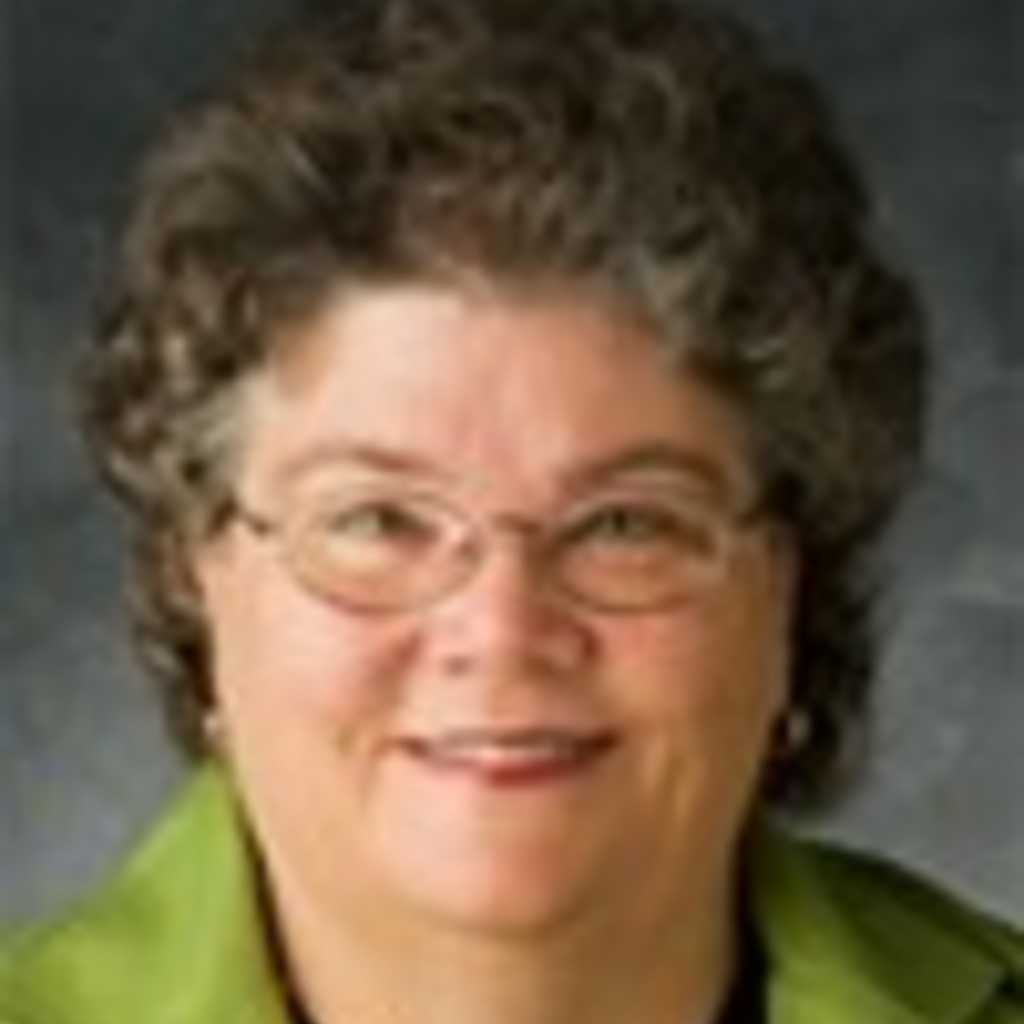Welcome to the 47th Annual Midwestern Conference
on Health Care in the Older Adult
"Geriatric Mental Health"
Friday, January 30, 2026
Virtually held via Zoom
8:00 am- 4:30 pm
Designed for primary care physicians, pharmacists, nurses, social workers, and other healthcare professionals, this conference instructs participants in the diagnosis, treatment, and management of conditions common in older adults.

Sponsored by:
Roy J. and Lucille A. Carver College of Medicine
The Department of Family and Community Medicine
The Health Resources and Services Administration made this conference possible in part through Award Number 6 U1QHP53049‐01‐01. Views expressed by speakers, moderators, and in writing may not reflect the policies of the Department of Health and Human Services. Mentions of trade names, commercial practices, or organizations do not imply endorsement by the U.S. Government.
Purpose:
Designed for primary care providers and allied health professionals, this in person interactive program will focus on Geriatric Mental Health.
Educational Objectives:
- Recognize the signs of depression and anxiety in older adults, distinguish them from normal aging or chronic illness, and identify early intervention strategies that improve outcomes.
- Recognize how depression, anxiety, and other psychiatric symptoms may appear before or during memory loss and understand why early recognition leads to better support and care planning.
- Identify what Delirium is, why it is often overlooked outside the hospital, and how noticing changes early can lead to better health outcomes.
- Recognize that substance use disorders can occur in older adults, why they’re often overlooked, and how recognizing the signs can lead to better support and treatment.
- Discuss how aging affects sleep - including lighter sleep, earlier waking, and less deep sleep—and how to tell the difference between normal changes and potential sleep disorders.
- Discuss how pain can be managed in older adults through a combination of medications, therapies, and supportive care that addresses the whole person, not just symptoms.
- Identify why doctors regularly review medications in older adults, and how reducing risky prescriptions can improve safety and quality of life for people with memory loss or frailty.
- Explore what to expect regarding the process of hospitalization, length of stay, therapeutic intensity, and legal holds (voluntary vs. involuntary).
- Review the challenges faced by nursing homes and other LTC settings in caring for residents who have both memory loss and psychiatric or behavioral symptoms, and learn how a compassionate, whole-person approach can improve outcomes.
- Analyze articles with key takeaways for practice.
Conference Planning Committee

Course Director
Nicholas Butler, MD, MBA
Department of Family and Community Medicine

Course Co-Director
Gretchen Schmuch, MSW, LISW
Department of Family and Community Medicine

Course Co-Director
Kevin Schleich, PharmD, BCACP
Pharmacist - Department of Family and Community Medicine
Course Co-Director
Leslie Veit, PA-C
Department of Family and Community Medicine

Course Co-Director
Jeanette Daly, RN, PhD
Department of Family and Community Medicine

Course Co-Director
Jason Wilbur, MD, FAAFP
Department of Family and Community Medicine

Program Coordinator
Rae Ann Hosier
Department of Family and Community Medicine Administration
Questions?
Contact Rae Ann Hosier

